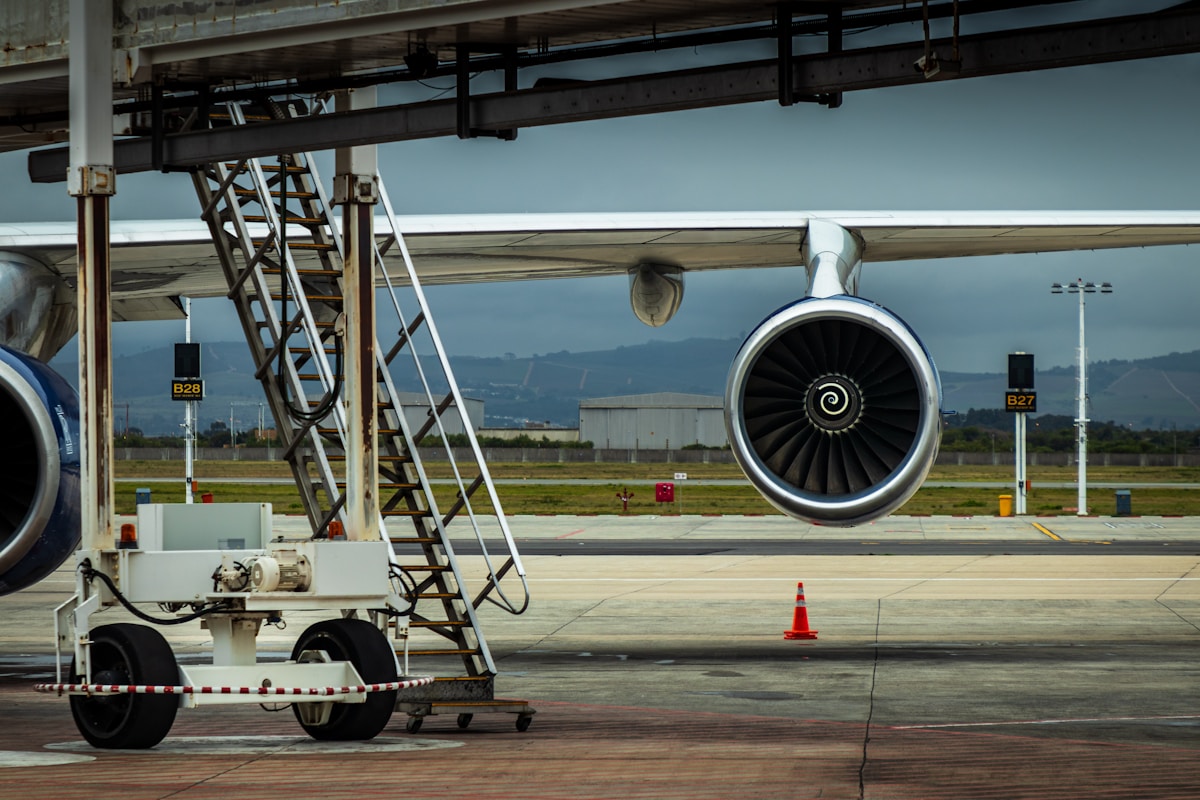Back to Industry News
Cleantech
Sustainable Aviation Fuel Production and Adoption Challenges
Summary generated with AI, editor-reviewed
Heartspace News Desk

Photo by Grant Durr on Unsplash
Key takeaways
- Aviation seeks to cut emissions with sustainable fuels, but high costs hinder widespread adoption
- This price barrier creates a cycle: expensive production limits demand, which in turn restricts capacity expansion
- In 2023, sustainable aviation fuel (SAF) powered just over 490,000 flights, representing a mere 0
Aviation seeks to cut emissions with sustainable fuels, but high costs hinder widespread adoption. This price barrier creates a cycle: expensive production limits demand, which in turn restricts capacity expansion. In 2023, sustainable aviation fuel (SAF) powered just over 490,000 flights, representing a mere 0.2% of global jet fuel use. Addressing this requires coordinated efforts across the aviation sector to fund SAF purchases and increase production volumes. Logistics firm DHL is actively pursuing solutions through strategic alliances. The company partners with Shell, Standard Chartered Bank, and World Energy to enhance SAF availability and reduce its cost. These collaborations include commitments for millions of liters of SAF in the coming years. DHL also participates in World Economic Forum initiatives like Airports of Tomorrow. Furthermore, the 'book and claim' system enables businesses to purchase SAF certificates, directly supporting SAF production growth. DHL plans to source over 30% of its jet fuel as SAF by 2030, underscoring the critical role of collective action in building a robust SAF market.
Related Topics
Sustainable Aviation FuelSAF productionaviation emissionsfuel costsDHL partnershipsbook and claim system
Want coverage like this for your company?
Local & industry wins build trusted proof, SEO/geo signals and prime national editors.
Check fit (2 min)